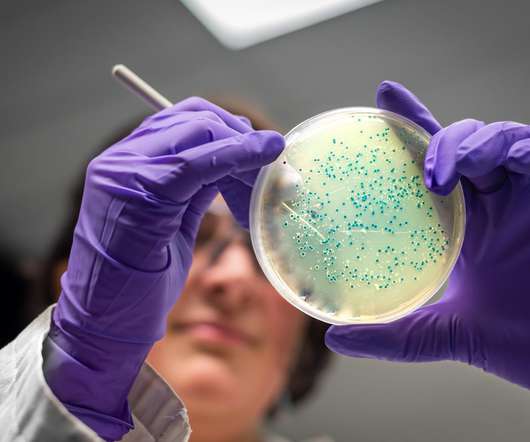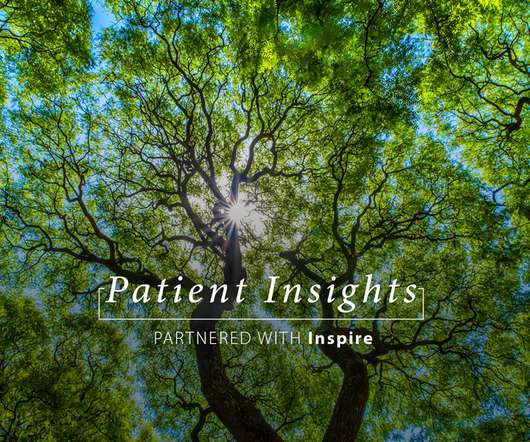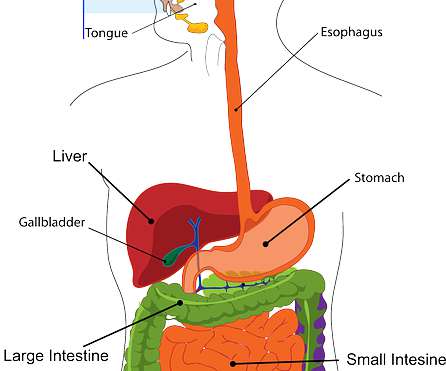Common bacteria modified to make designer sugar-based drug
Scienmag
MARCH 2, 2021
— Envisioning an animal-free drug supply, scientists have — for the first time — reprogrammed a common bacterium to make a designer polysaccharide molecule used in pharmaceuticals and nutraceuticals. Process paves a road to safe, ethical, and fast drug manufacturing Credit: Rensselaer Polytechnic Institute TROY, N.Y.















Let's personalize your content